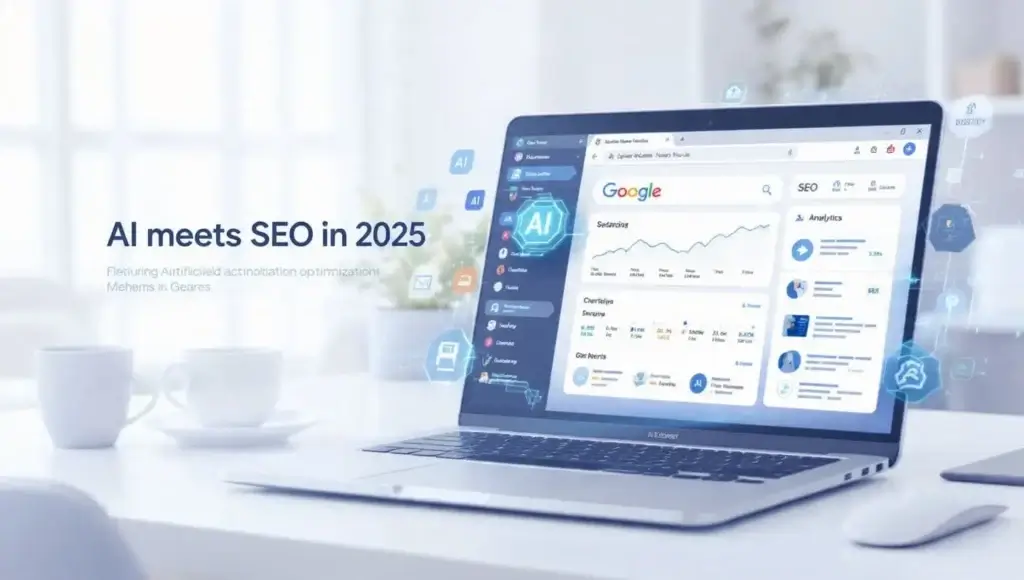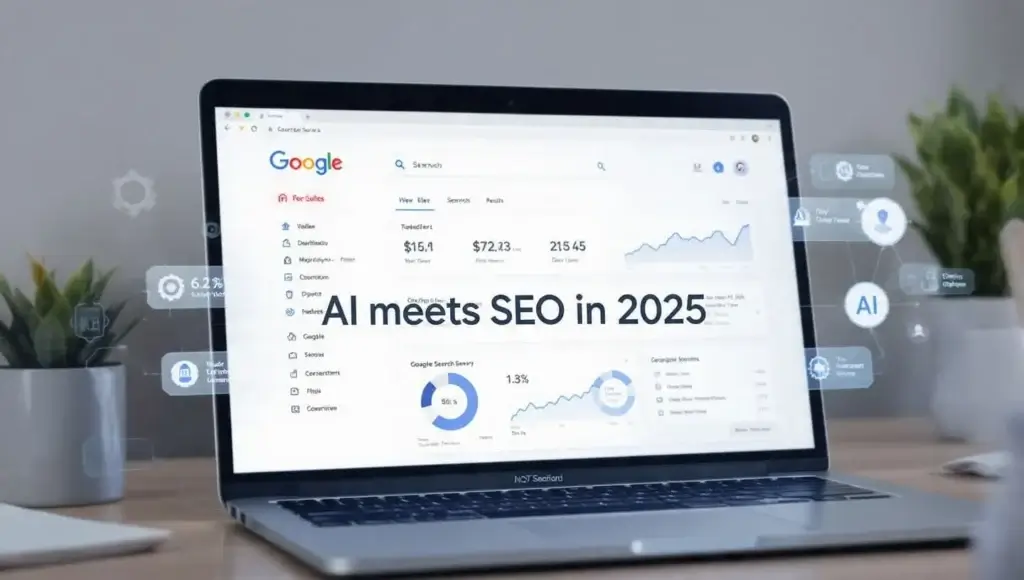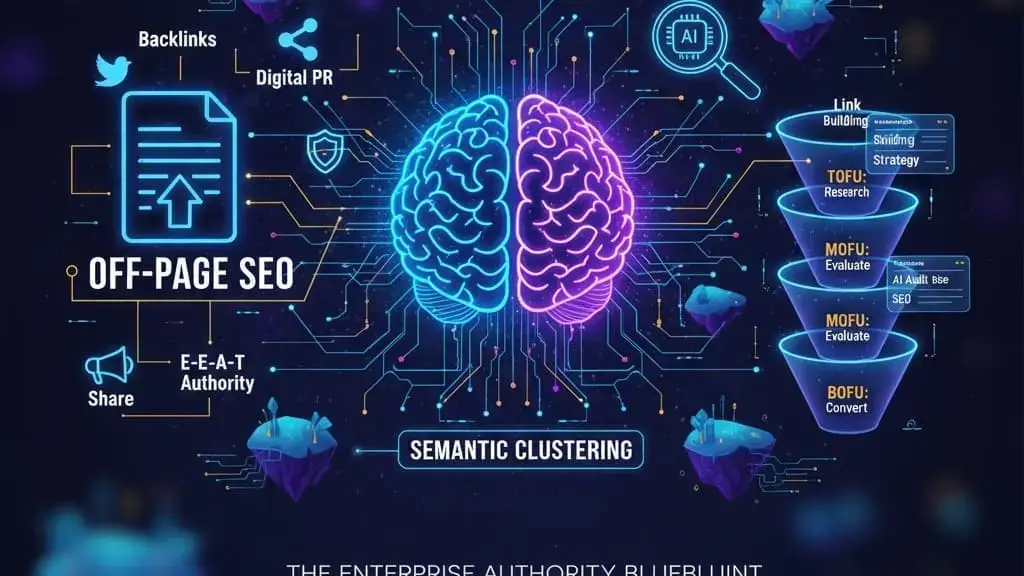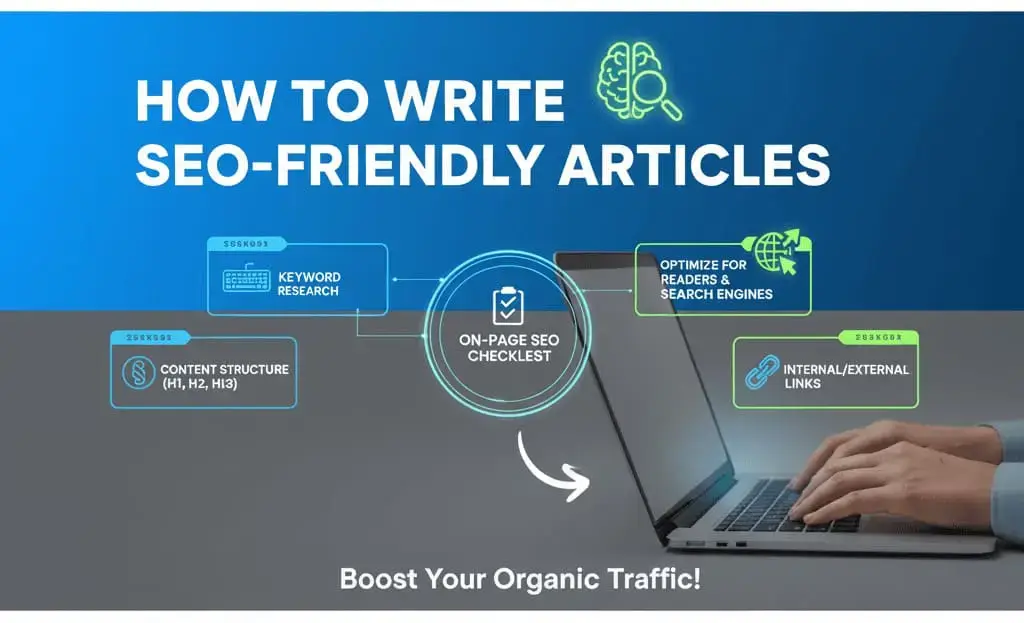TL;DR: Yes — SEO is worth learning in 2025, but what you learn and how you practice it must evolve. Focus on intent-led content, E-E-A-T signal building, technical foundations, and visibility beyond blue links (AI Overviews, platform search). Learn by doing: build a small niche project, measure, iterate.
Introduction — Why You Should Read This
If you’re asking “is SEO still worth learning in 2025?”, you’re right to pause. Search is being reshaped by generative AI, platform search (TikTok, YouTube, Reddit), and new regulations around AI summaries. Yet, organic discovery remains one of the few channels that compounds in value over time. This guide breaks down what’s changed, what still matters, and the exact first steps a beginner should take.
SEO in 2025 — Is It Dead or Just Different?
Short answer: Different. Not dead.
What’s New
-
AI Overviews / AI Mode: Google now synthesizes answers directly in search results. That means optimizing for schema, clarity, and sourcing is more important than ever.
-
Multi-Platform Discovery: YouTube, TikTok, Reddit, and Amazon now act as search engines. Optimizing across these platforms expands visibility.
-
E-E-A-T & Topical Authority: Google rewards content built by real people with real experience. Build signals that prove expertise, experience, authority, and trust.
What Hasn’t Changed
-
Search intent still matters most.
-
Technical SEO (speed, crawlability) and user experience remain foundational.
-
Well-structured, user-first content still wins long term.
What’s Changed in SEO (and What You Should Stop Doing in 2025)
Stop / Avoid
-
Chasing superficial keywords or “SEO tricks.”
-
Publishing AI-written articles without human review or real-world input.
Do More Of
-
Signal building: Add author bios, credentials, case studies, and original data.
-
Multi-surface optimization: Repurpose content into short videos, Q&A schema, and community posts.
Why SEO Still Matters in 2025 — 3 Data-Backed Reasons
-
Compound Traffic Value: Ranked pages continue earning long after paid campaigns stop.
-
Control of the Source: AI summaries and answer engines still rely on well-structured content from your site.
-
Cross-Channel Leverage: Optimized content powers social media, ads, and PR campaigns efficiently.
Beginner SEO Roadmap 2025 — Step-by-Step Learning Plan for New Marketers

Goal: Achieve measurable SEO results in 3–6 months by launching a small test project.
Step 0 — Mindset (Week 0)
-
Think in intent clusters, not just keywords.
-
Treat SEO as experimentation — track with Google Search Console (GSC).
Step 1 — Foundations (Weeks 1–3)
Learn: On-page SEO (titles, meta, internal linking), keyword intent, content hierarchy.
Tools: Google Search Console, Google Analytics, Ubersuggest (or free Ahrefs).
Step 2 — Technical Basics (Weeks 3–6)
Learn: Site speed, mobile experience, canonicalization, robots.txt, schema (FAQ, Article).
Tools: Lighthouse, Screaming Frog, PageSpeed Insights.
Action: Fix 5 low-hanging technical issues on your project.
Step 3 — Content & E-E-A-T (Weeks 6–12)
Create 6–8 deep, intent-based articles (pillar + cluster). Add author bios, small real-life examples, and unique insights.
Step 4 — Distribution & Multi-Surface (Months 3–6)
Repurpose your articles into short videos, Reddit or Quora posts, and link internally. Track results via GSC.
Step 5 — Iterate & Document (Ongoing)
Experiment systematically — change one variable (title, schema, or layout) and measure for 4–8 weeks.
GEO-AI SEO Optimization Checklist — 5 Steps to Get Featured in AI Overviews
A practical framework to prepare your content for AI-driven search and overviews.
-
Get Intent Right: Identify 3 real user intents (informational, comparison, transactional).
-
Experience Proof: Add micro-cases, screenshots, or firsthand tests.
-
Organize for AI: Include TL;DRs, FAQs, and clearly cited sources.
-
Add Schema: Use Article, FAQ, HowTo, or Product schema.
-
Instrument & Iterate: Track impressions/CTR via GSC; update monthly.
Best SEO Tools for Beginners in 2025 (and Why They Matter)
-
Google Search Console: Track your site’s real queries and impressions.
-
Screaming Frog: Find and fix technical issues.
-
Ahrefs / Semrush: Research competitors and keyword gaps.
-
SurferSEO / Clearscope: Get content structure ideas — but always add your personal experience.
-
Learning Resources: learningseo.io, Google’s SEO Starter Guide, Coursera/HubSpot beginner courses.
SEO vs PPC vs AI Skills — Which Should You Learn First?
| Skill | Short-term ROI | Long-term ROI | Barrier |
|---|---|---|---|
| SEO | Medium | High | Moderate |
| PPC | High | Low (budget) | Low |
| AI Tooling | Variable | High | Moderate |
Verdict: Learn SEO + AI tools together — SEO provides durable value, AI speeds up your workflow.
What Other SEO Guides Miss — And How This One’s Different
Most enterprise blogs explain why SEO matters but skip how to execute it in the AI era.
This guide closes that gap with:
-
An operational GEO-AI checklist.
-
A hands-on, week-by-week roadmap.
-
A multi-surface repurposing workflow (article → clips → posts → links → results).
Warning — Real Risks & Edge Cases
-
Traffic Drops from AI Overviews: Some sites lose visibility when AI summaries dominate — optimize for citation.
-
Tool Overload: Tools guide you; your unique insights make you rank.
-
Regulation Changes: Expect evolving policies around AI-generated content and attribution.
Free Resource — “SEO in 2025: GEO + AI Audit”
Download a Google Sheet (25 checks) that includes:
-
Schema checklist
-
E-E-A-T evidence log
-
Content distribution steps
-
A/B title test template
FAQ — Common Beginner Questions
Is SEO still worth learning in 2025?
Yes. It’s evolving with AI and multi-platform search, not disappearing.
How long until I see results?
Typically 3–6 months on a new niche project.
Can AI replace SEO?
No — AI summarizes your content; SEO ensures you become the source.
Which tools should beginners start with?
Google Search Console, PageSpeed Insights, and one keyword tool.
Should I use AI to write content?
Yes — but always edit with human insight, examples, and real data.
What is E-E-A-T?
Expertise, Experience, Authority, Trust — Google’s credibility framework.
How do I optimize for AI Overviews?
Add TL;DRs, structured schema, clear citations, and first-hand examples.
Should I learn video or written SEO first?
Start with written SEO, then repurpose into short-form video.
Are backlinks dead?
No — but quality and topical relevance matter more than quantity.
How can I show experience on my site?
Add author bios, screenshots, and dated case studies.
Conclusion — Final Takeaways
So, is SEO still worth learning in 2025? Absolutely — if you learn the right way.
Focus on intent-first, E-E-A-T-driven, and multi-surface strategies. Start small, measure often, and inject human experience into every post.
Call to action:
👉 Want the free “GEO + AI Audit (25 Checks)” template?
Reply or subscribe, and Marketing Scrappers will send you the downloadable version.
What’s Next — Key SEO & AI Trends to Watch (2025–2026)
-
AI Overviews Regulation: Expect stricter rules for attribution and metadata.
-
Multi-Modal Search: Text, video, and audio signals merge — structured data becomes critical.
-
Evolving E-E-A-T: Original data and first-hand experiments will outrank generic “how-tos.”



